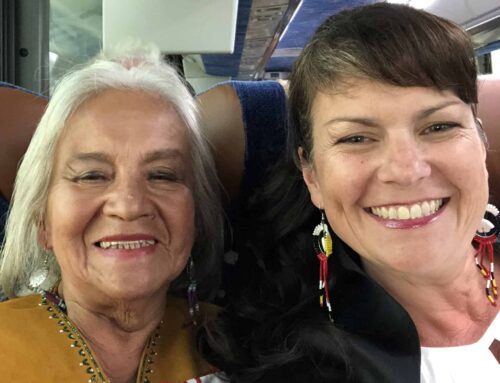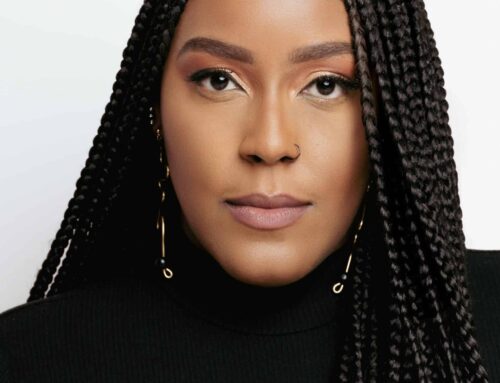Reflecting on my 15-year career in the public and private sector, I noticed that I only had a few women mentors. For me, it was never about quantity but quality. I learned a lot from my mentors and their lives. Their careers are shining examples of what they were able to accomplish in their lifetimes. Not only did they model what’s possible, but they continue to excel as a reminder that success is never final.
In hindsight, those mentors that I sought out and thought were my perfect matches for me did not work well, but those that I found outside of structured environments proved to be more conducive to the kinds of relationships that I was seeking.
I also have matured in my understanding of what mentorship is all about. A decade and a half ago, starting in the social development sector, I vigorously searched for successful women role models and tried to get them to like me, endorse me, and, in return, open doors for me. I thought that if I could figure out what makes them successful and apply that to my life, I would at least be half as successful as them. These narrow notions about mentorship became obstacles to achieving a rewarding experience for myself.
For me, mentorship was and is about sharing valuable experiences, lessons learned, and knowledge that will equip the mentee to navigate future situations.
Here are three myths I want to debunk about women’s mentorship:
1. Women don’t need to have women mentors
Women should seek out role models who are both women and men, and who can provide the right support at the right time with the right approach. It’s not about gender, but rather the kind of unique relationship that you develop with that person.
Too many times, women may seek out only female mentors in order to stay within their comfort zone. Women who don’t also seek out male role models may be missing out on important discussions that can challenge stereotypes and assumptions about the opposite sex and their concepts surrounding achievement and success – this kind of mentorship can open up tremendous insights for both parties.
2. Women should seek out informal mentors
Throughout my career, formalized mentor relationships were not as beneficial and dynamic as those that I came across informally through work, friendship, casual interactions, and serendipity.
Formalized structures tend to emphasize the rules of engagement. They focus on finding the ‘right’ match. Such requirements and matching practices are prevalent in many training programs, academic institutions, and workplaces. This formality might make mentorship feel like a considerable burden to the mentor and mentee to make it work. That’s not what mentorship should feel like.
Trust is a critical factor in finding and nurturing a mentoring relationship. Without real trust and genuine concern for the welfare of the mentee, the mentorship can fall by the wayside quickly.
I find that ties developed in an informal and spontaneous way between the mentor and the mentee are more relaxed and enjoyable. The relationship develops organically as both parties surface values and expectations in a no-pressure timeline free of structured requirements.
3. Women don’t need mentors that can open doors for them
A big myth is that women need mentors and sponsors to break the proverbial glass ceiling in many professions. While mentors may open doors for you that were otherwise inaccessible, you may learn more from their achievements and advice than you would from promotions or job referrals.
Be open to mentoring relationships that are about more than just the next step, but that are lasting, lifelong relationships that can carry you through several phases of your career and life.
Ultimately, mentors come and go. They can be of great help in times of need for advice and support, depending on the nature and quality of the interactions.
Breaking these myths has helped me to overcome the narrow confines of what mentoring should be to what mentoring can be for women – full of possibilities.







